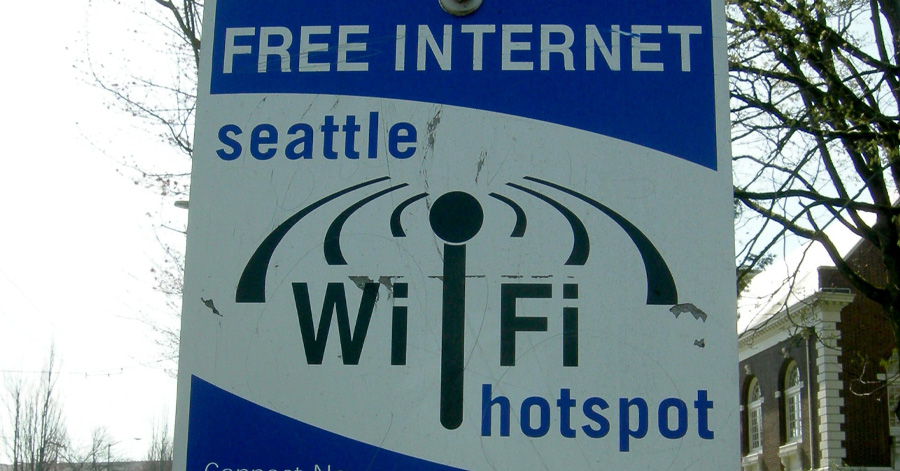
Local governments continue to debate whether they can offer affordable broadband
Broadband Internet Access is becoming increasingly important to the lives of people everywhere, whether consumers are able to get the service from private service providers or local government broadband. It’s not just entertainment and communication. Increasingly, work and access to vital services and education depend on a high speed internet connection.
This has led many to start to think of Broadband Internet as a vital utility. They compare the importance to public infrastructure such as electric and gas power, sewer or water access. As a result, that has people asking “What role should municipal’s play in broadband internet delivery?”
Expert Analysis on Government Broadband Efforts from ISEG
One community currently undergoing the process of implementing government broadband is Traverse City, Michigan. However things aren’t moving as expected. In fact, people in the area are starting to question what the issues are and reporters are looking for answers.
On July 21, 2020, Dr. Ted Bolema, Executive Director of the Institute for the Study of Economic Growth (ISEG), was quoted as regulatory law and economics expert in the article “Traverse City Promised Government Internet, Can’t Explain Why Project Stuck On Hold” by Dawson Bell in the Michigan Capitol Confidential:
“City-organized broadband projects typically give one internet service provider access to the publicly owned right-of-way on favorable terms. They also remove regulatory barriers for a single, selected provider — barriers that private companies would normally have to contend with. As such, they create an uneven playing field, said Bolema. That ultimately translates into higher costs for ratepayers and taxpayers,” he said.

In other words, local governments are generally not well-suited to provide broadband service to their constituents. Real-world attempts at government broadband bear that out with a mixed track record with several catastrophic failures. And even where they can point to success, they are using unfair subsidies or regulatory advantages.
Read the whole article at Michigan Capitol Confidential.com.



